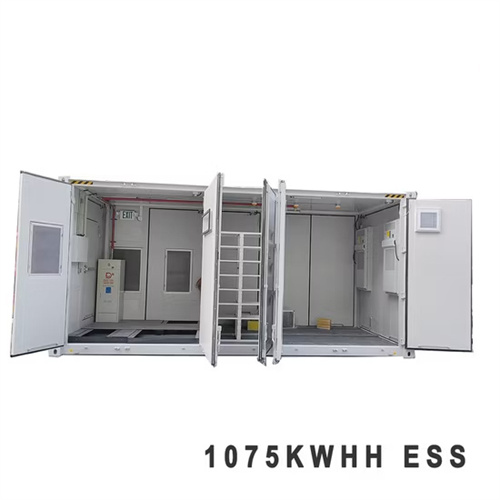Energy storage science and engineering program
As the photovoltaic (PV) industry continues to evolve, advancements in Energy storage science and engineering program have become critical to optimizing the utilization of renewable energy sources. From innovative battery technologies to intelligent energy management systems, these solutions are transforming the way we store and distribute solar-generated electricity.
6 FAQs about [Energy storage science and engineering program]
Does Stanford offer a degree in Energy Science & Engineering?
The program also has a strong interest in renewable energy, global climate change, and CO2 sequestration. The Energy Science and Engineering department offers degrees of MS or PhD in Energy Science and Engineering. Please refer to the Stanford Bulletin for Energy Science and Engineering course listings and requirements.
What is Energy Science & Engineering?
The Energy Science and Engineering curriculum provides a sound background in basic sciences and their application to practical problems to address the complex and changing nature of the field. Course work includes the fundamentals of chemistry, computer science, engineering, geology, geophysics, mathematics, and physics.
What degrees does the energy science & engineering department offer?
The Energy Science and Engineering department offers degrees of MS or PhD in Energy Science and Engineering. Please refer to the Stanford Bulletin for Energy Science and Engineering course listings and requirements. Contact Energy Science & Engineering Student Services.
Is energy storage a good course?
Summarily, the concepts taught are fully applicable in energy industries currently, and the learning experience has been truly worthwhile. Indeed this course stands tall in the delivery of excellent knowledge on energy storage systems. Need Help?
Why should you take a group energy storage course?
Participating together, your group will develop a shared knowledge, language, and mindset to tackle the challenges ahead. This was an excellent course that entailed a proper exposition on current technologies and concepts for energy storage systems and the future of energy storage globally.
What are applied courses in Energy Resources Engineering?
Applied courses cover aspects of energy resources engineering in fields like oil and gas recovery, geothermal engineering, carbon sequestration, clean coal and renewable energy. The curriculum emphasizes the fundamental aspects of fluid flow in the subsurface of the Earth.

